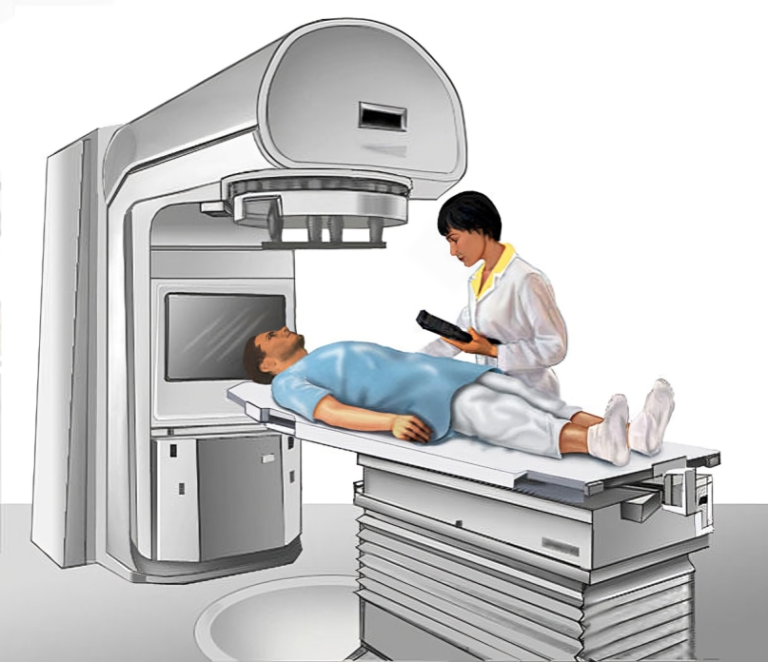Thoracic Cancer Research: Promising Innovations And Future Directions
Thoracic cancer, encompassing lung cancer and other malignancies affecting the chest region, remains one of the most challenging medical conditions worldwide. Despite advancements in diagnosis and treatment, the prognosis for many patients with thoracic cancer remains poor. However, ongoing research efforts are uncovering promising innovations that hold the potential to transform the landscape of thoracic oncology. In this article, we delve into some of these breakthroughs and explore the future directions of thoracic cancer research.
To Know More About It Please Click Here
Targeted Therapies
One of the most significant advancements in thoracic cancer treatment has been the development of targeted therapies. These drugs are designed to specifically target molecular alterations driving cancer growth, thereby offering more precise and effective treatment options. For example, the discovery of epidermal growth factor receptor (EGFR) mutations and anaplastic lymphoma kinase (ALK) rearrangements in non-small cell lung cancer (NSCLC) has led to the development of targeted therapies such as EGFR inhibitors and ALK inhibitors. Ongoing research aims to identify additional biomarkers and molecular targets, paving the way for the development of novel targeted agents.
Immunotherapy
Immunotherapy has emerged as a promising approach in the treatment of thoracic cancer. By harnessing the body’s immune system to recognize and destroy cancer cells, immunotherapy drugs known as immune checkpoint inhibitors have shown remarkable efficacy in certain patients with advanced lung cancer. Pembrolizumab, nivolumab, and atezolizumab are among the immunotherapy agents approved for the treatment of NSCLC. Research efforts are focused on optimizing patient selection criteria, identifying predictive biomarkers of response, and exploring novel combination therapies to enhance the effectiveness of immunotherapy in thoracic cancer.
Liquid Biopsies
Traditional tissue biopsies are invasive and may not always capture the heterogeneity of thoracic tumors. Liquid biopsies, which involve the analysis of circulating tumor DNA (ctDNA) and other biomarkers in blood samples, offer a minimally invasive alternative for monitoring disease progression and identifying treatment-resistant mutations. Liquid biopsies hold immense potential for guiding treatment decisions, detecting minimal residual disease, and monitoring response to therapy in thoracic cancer patients. Ongoing research aims to refine the sensitivity and specificity of liquid biopsy assays and integrate them into routine clinical practice.
Artificial Intelligence (AI) and Machine Learning
AI and machine learning technologies are revolutionizing thoracic cancer research and clinical practice. These advanced computational tools can analyze vast amounts of medical data, including imaging studies, pathology slides, and genomic profiles, to identify patterns, predict outcomes, and optimize treatment strategies. AI algorithms have demonstrated the ability to assist radiologists in detecting and characterizing lung nodules on CT scans, thereby improving early detection and diagnosis of lung cancer. Furthermore, machine learning models are being developed to predict individual patient responses to specific treatments, enabling personalized therapy approaches in thoracic oncology.
Future Directions
Looking ahead, the future of thoracic cancer research holds great promise. Continued efforts to unravel the complexities of tumor biology, identify novel therapeutic targets, and develop innovative treatment modalities are underway. Combination therapies, incorporating targeted agents, immunotherapy, and traditional chemotherapy, are being explored to overcome treatment resistance and improve patient outcomes. Additionally, research into cancer immunology, tumor microenvironment, and host-tumor interactions is shedding light on new avenues for therapeutic intervention. Collaborative initiatives, such as large-scale genomic profiling projects and multicenter clinical trials, are essential for accelerating progress in thoracic cancer research and translating scientific discoveries into clinical practice.
Conclusion
Thoracic cancer research is at a pivotal juncture, with promising innovations driving significant advancements in diagnosis, treatment, and patient care. Targeted therapies, immunotherapy, liquid biopsies, and AI-based technologies are among the key areas of focus, offering new hope for patients with thoracic malignancies. As research continues to evolve, interdisciplinary collaboration and ongoing investment in scientific discovery will be essential for realizing the full potential of these innovations and improving outcomes for individuals affected by thoracic cancer.







